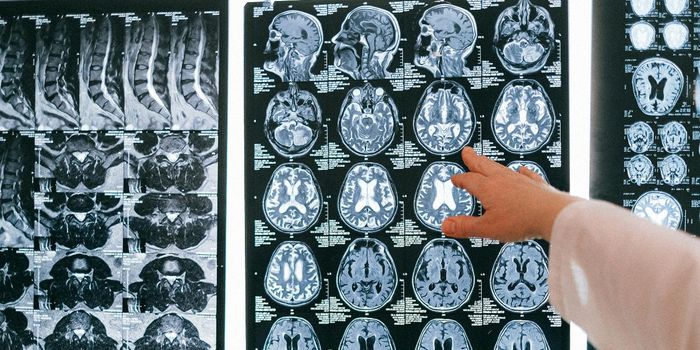The common wisdom in learning a language suggests that the younger a person is, the better they will do. However, that doesn’t mean that it’s too late to learn another language as an adult. There are just some variables. A new study from the University of Washington suggests that the reason some adults can pick up a language easier than others could lie in the patterns of brain activity between those who learn languages easily and those who struggle.
The study was published in the journal Brain and Language and shows that the resting-state brain activity of those studying a second language was a good indicator of how well they would do.
Lead study author Chantel Prat, a faculty researcher at the Institute for Learning & Brain Sciences (ILABS) and a UW associate professor of psychology, said in a press release, “We’ve found that a characteristic of a person’s brain at rest predicted 60 percent of the variability in their ability to learn a second language in adulthood.”
The study used younger adult volunteers between the ages of 19 and 31, none of whom had any experience or ability in speaking French. The study began with participants sitting with closed eyes for a period of five minutes while wearing a headset that measured the brain activity going on while they were at rest. Then, during twice-weekly visits to the lab, the study participants took French lessons for thirty minutes. The lessons were conducted via an immersive computer program that made use of virtual reality technology.
The program, called Operational Language and Cultural Training System (OLCTS), was funded by the U. S. Office of Naval Research, and its purpose is to get military service members to be functionally proficient in a foreign language with only 20 hours of instruction. The program guides users through a variety of real life situations by making use of stories and other scenes. Voice recognition is used to ensure that the learners were pronouncing the words correctly.
To track the participant’s level of attention to the task, the researchers used periodic quizzes that required them to meet a minimum standard of proficiency before proceeding to the next lesson. The quizzes also served as a measure for how quickly each participant moved through the lessons.
The program lasted eight weeks, at the end of which volunteers took an exam to determine their proficiency in French. Some of the students learned faster than others, sometimes twice as fast, but there was no real difference in the ability of the faster learners to the slower learners. The only variable was the speed at which someone could pick up another language. That is where the patterns of brain activity became relevant.
The difference was revealed in the data collected from the headsets that showed brain activity differences. The slower learners had different patterns than the fast learners, and those patterns were occurring when the brain was at rest, not during the actual lessons. When lead author Prat was asked if these results mean that some people should just not bother trying to learn a new language her answer was as follows: “First, our results show that 60 percent of the variability in second language learning was related to this brain pattern — that leaves plenty of opportunity for important variables like motivation to influence learning” She also cited neurofeedback training, which her lab is currently looking into, as a way to change brain activity patterns and perhaps improve the ability of some to pick up cognitive tasks like language acquisition faster.
The video below shows a study participant using the VR program to learn a language. Check it out.
Sources:
University of Washington,
Science Direct









